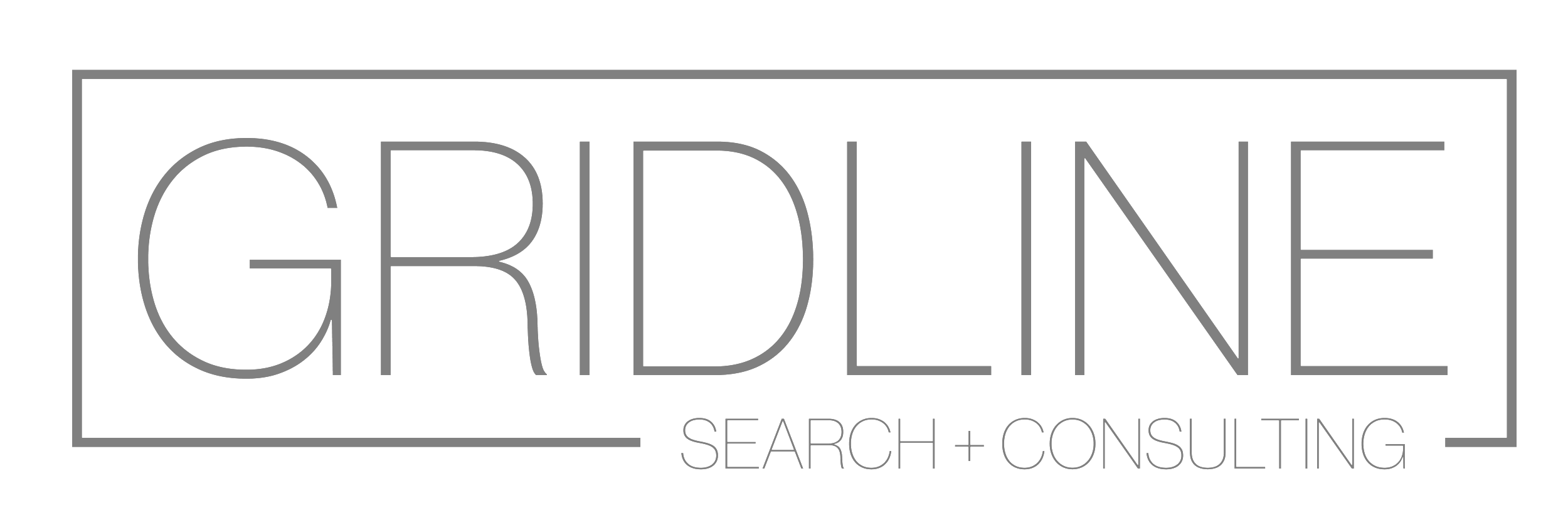As uncertainty around federal government hiring continues, attorneys in Washington, DC may be evaluating their career options. While the DC area is a significant legal market, it is not the largest, and many other markets offer opportunities where your experience could be highly valued. Additionally, depending on your industry and practice area, certain legal markets may be a better fit for the next step in your career.
If you’re considering lateraling from a federal government position in DC to another market, here are some key steps and considerations to keep in mind.
Determine Your Preferred Practice Setting
Start by identifying the type of legal work and environment that best aligns with your goals. Do you want to remain in government but transition to state or municipal roles? Are you interested in moving in-house? Would you consider working for a nonprofit or policy organization?
If your answer is yes to any of these directions, your job search will likely be self-directed. Utilize state government job boards and online aggregators such as LinkedIn Jobs, goinhouse.com, and the PSJD job board to identify openings. When applying, leverage your personal and alumni networks to increase your chances of securing interviews.
For those considering private-sector roles, recruiters like myself can help identify relevant opportunities. However, the bulk of your search will involve direct applications and networking.
Identify the Right Legal Market for You
If you’re relocating outside the DC area, start with a personal assessment. What locations make sense for your lifestyle and family? The largest legal markets in the U.S., in order of size, include:
New York City (by far the largest)
San Francisco Bay Area
Houston, Dallas, and Austin
Chicago
Boston
Los Angeles
Miami
Seattle and the Pacific Northwest
Discuss potential locations with your family, factoring in personal connections, cost of living, and bar admission requirements. Many states offer reciprocity or waive-in options for experienced attorneys, allowing you to practice without retaking the bar exam.
It’s also important to evaluate your professional network in any market you’re considering. If you lack any connections or prior ties to a city, is it really the best choice for relocation?
Work with Recruiters and Career Advisors
For private-sector roles, recruiters and career advisors can be valuable resources. Engage in introductory conversations with multiple recruiters until you find someone you trust.
Keep in mind that most recruiters specialize in certain types of searches and locations. For example, I focus primarily on lateral associate moves on the East Coast but also assist with West Coast placements. A good recruiter should provide strategic advice on how your federal government experience translates to private-sector roles—not just send you a list of openings without consideration for fit.
If you’ve never worked in the private sector before, some opportunities will not align with your background, while others will be a natural fit. Before working with a recruiter, ensure they understand the nuances of your experience and are being thoughtful about your candidacy. If a recruiter seems indiscriminate in their approach, do not allow them to submit your materials.
Tailor Your Resume for a New Market
Whether your federal government experience has been broad or highly specialized, your resume must be carefully tailored to your target market and practice area.
Highlight relevant skills and experience. If you are shifting practice settings, some aspects of your government work may not translate well—focus on what does.
Include geographic ties. If you’re targeting a specific market, incorporate anything that connects you to the area (e.g., alma mater, prior residence, family ties). Even if you haven’t lived there since high school, mention it.
Plan Your Timeline and Manage Expectations
The transition from a federal government role to private practice—or any new sector—requires strategic planning and patience. Consider the following:
Hiring cycles vary. Some firms and employers hire year-round, while others follow distinct cycles based on practice area needs.
Broaden your initial search. Cast a wide net across job types, locations, and practice settings. You can always decline an interview or offer, but the more opportunities you pursue, the faster your search will progress.
Your next job isn’t your last. A career move doesn’t have to be permanent. Focus on securing a position that aligns with your current goals while keeping an eye on long-term opportunities.
Connect with a Career Advisor or Recruiter Early
If you're considering a transition, it’s never too early to have a conversation. Federal government attorneys often have highly specialized experience—typically in litigation or regulatory work—that doesn’t always translate directly to BigLaw or corporate roles. A recruiter can help you:
Understand how your experience fits into the private sector.
Navigate the legal hiring market and timeline.
Identify the right law firm or in-house opportunities rather than wasting time on positions that aren’t a fit.
Additionally, don’t overlook your existing network. Former government colleagues who have already transitioned into private practice or other sectors can offer invaluable insights—often more than a recruiter can.


